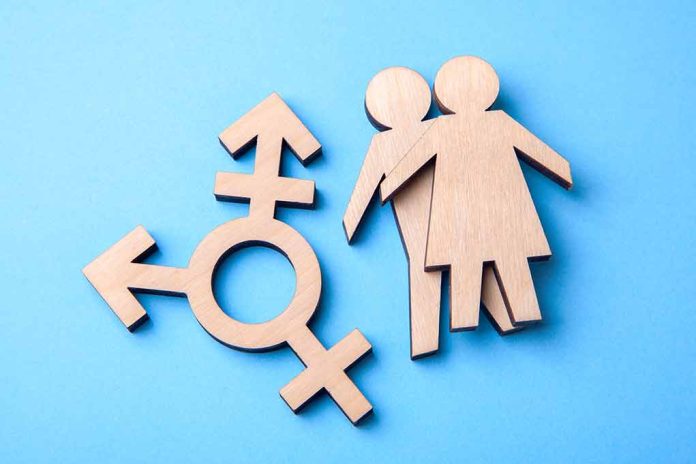
A new presidential order aims to preserve the integrity of women’s sports by limiting participation according to biological sex.
Key Takeaways
- Trump signed an executive order banning trans women from women’s sports.
- The order could withdraw federal funds from non-complying schools.
- The directive encourages international bodies to adopt sex-based standards.
- There are concerns about legal challenges and Title IX alignment.
- Critics say the order might lead to discrimination against trans youth.
Executive Order Details and Implications
The executive order titled “Keeping Men Out of Women’s Sports” was signed by Donald Trump, prohibiting transgender women from participating in female sports programs in educational institutions. This order emphasizes the enforcement of Title IX, a federal civil rights law that prevents sex-based discrimination in education programs. The move coincided with National Girls and Women in Sports Day, underlining the order’s symbolic significance.
Schools not adhering to this order may face the withdrawal of federal funds, as the directive mandates penalization for any educational program allowing transgender athletes. This enforcement aligns with Trump’s previous statements on preserving fairness in women’s sports, aiming to protect female athletes from competing against biologically male competitors.
Olympics ‘passport test’ a failure of biology and fairness
Claire Lehmann The Australian August 5, 2024The storm that has erupted over women’s boxing at the Olympics threatens to overshadow the rest of the Games and, at the heart of the controversy, the very definition of… pic.twitter.com/b1SFrUO8mE
— Ocarina Jones 🇮🇱 (@OcarinaJones) August 4, 2024
Enforcement Strategy and International Collaboration
The order requires the U.S. Department of Education to strictly enforce compliance measures, ensuring the protection of female athletes’ opportunities. It also instructs the U.S. Secretary of State, Marco Rubio, to engage with international athletic organizations to establish similar standards globally. The International Olympic Committee has been specifically singled out to amend its policies, demanding eligibility determination based on biological sex instead of gender identity or testosterone levels.
Additionally, the Department of Justice will provide necessary resources to enforce this policy effectively, coordinating with the Department of Homeland Security. These comprehensive measures reflect a federal commitment to protecting the fairness and integrity of women’s sports amid shifting societal debates.
Legal Challenges and Criticism
The executive order faces potential legal challenges, particularly concerning its alignment with Title IX regulations and existing civil rights laws. Critics, such as the Human Rights Campaign, argue the order could lead to increased discrimination against transgender youth, suggesting it may embolden others to question the legitimacy of transgender participants based on their gender identity and appearance.
The complexity of implementing this policy on an international scale adds to the legal intricacies that might arise, particularly as it intersects with domestic and foreign regulatory frameworks related to sporting policies. Such challenges underscore the contentious nature of this executive order in the broader discourse on gender identity and sports.





